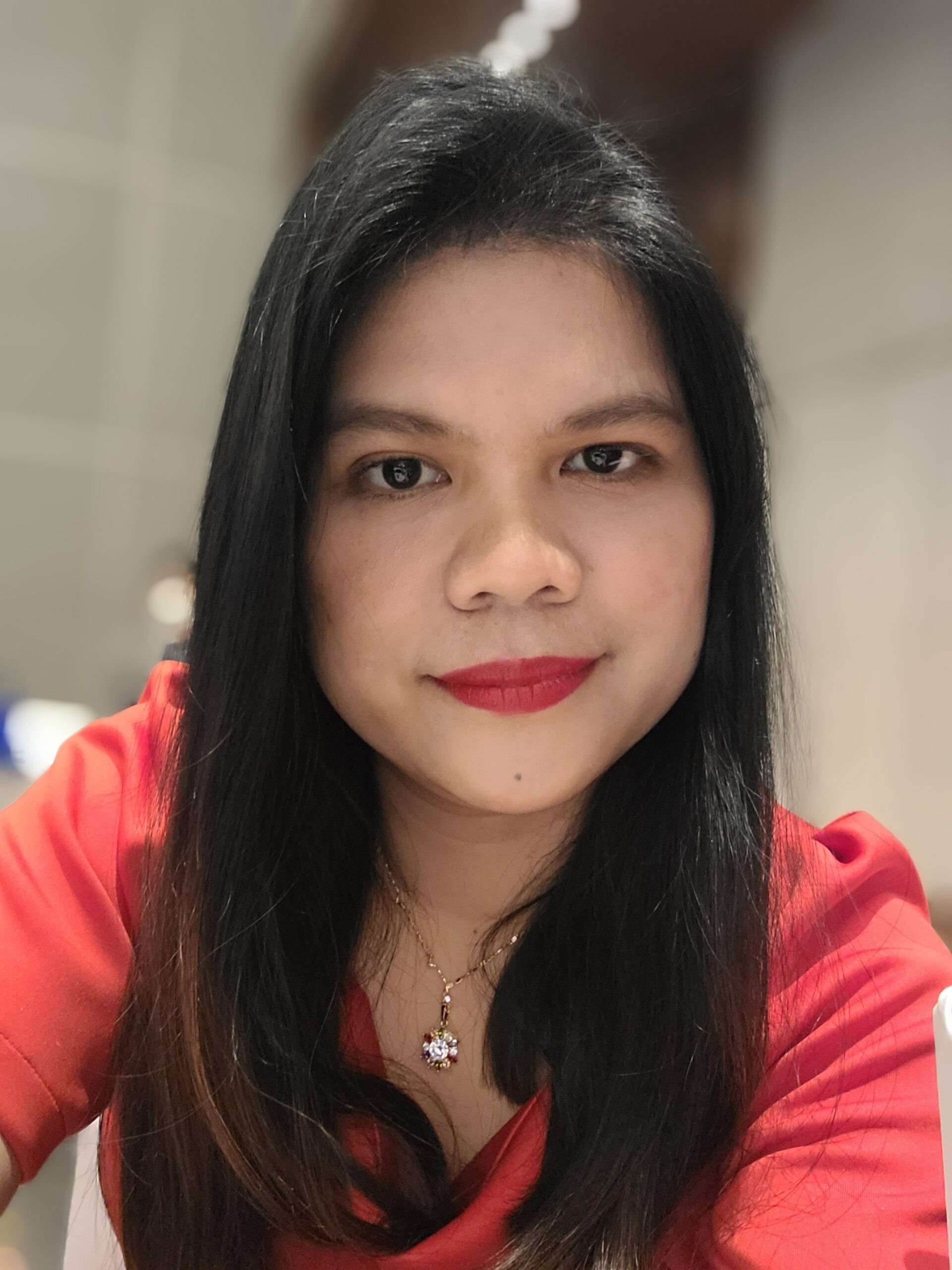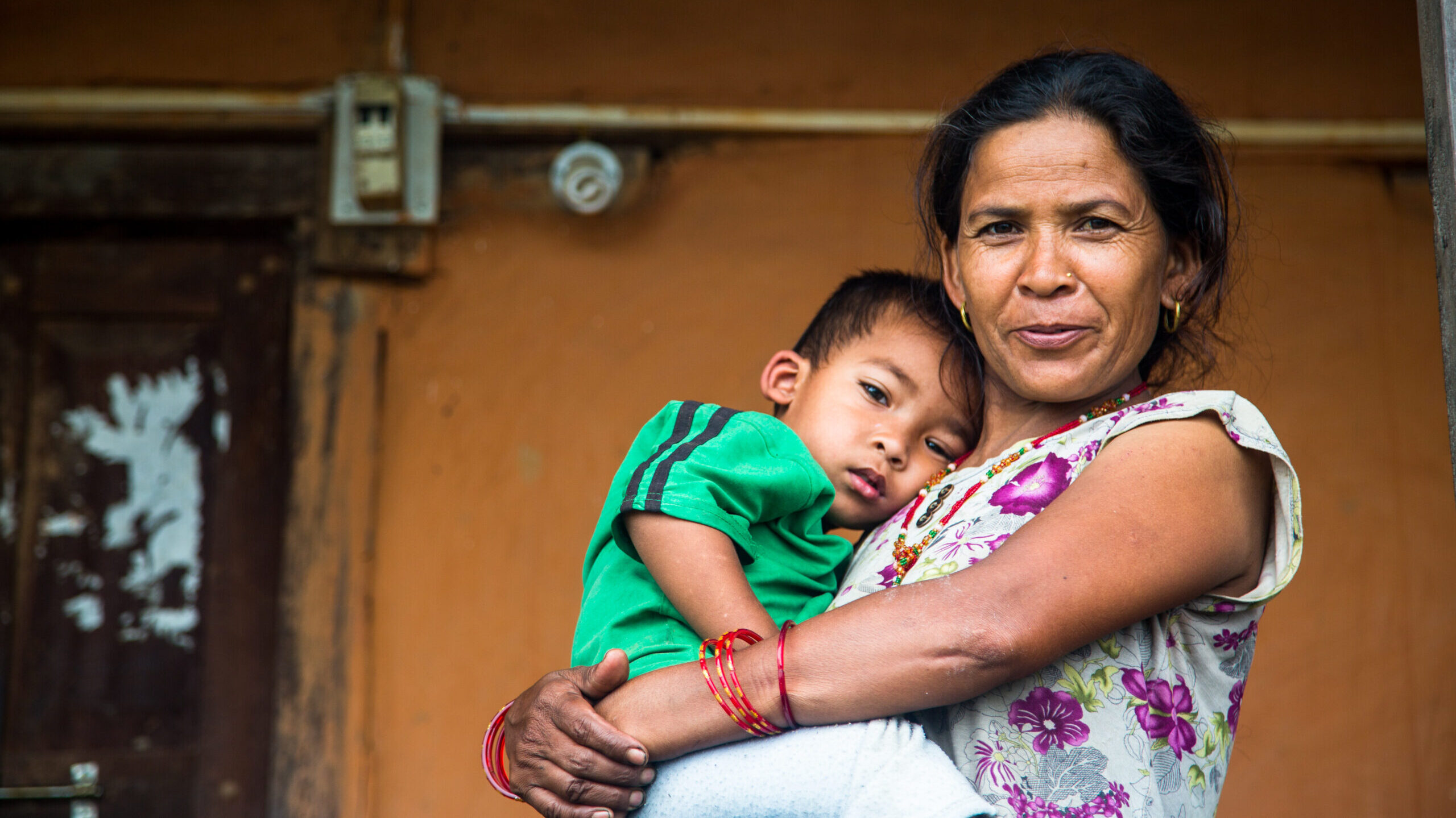Clearing the Air: One Woman’s Quest to Bring Clean Cooking to Families in Nepal
 Bambie Gadon Panta is the Country Director of The Cookstove Project Nepal. She works to increase awareness of the dangers of traditional cooking methods and to improve the health of women and children. The Cookstove Project builds improved cookstoves for families in Nepal using locally sourced materials and supports them in maintaining and caring for their stoves.
Bambie Gadon Panta is the Country Director of The Cookstove Project Nepal. She works to increase awareness of the dangers of traditional cooking methods and to improve the health of women and children. The Cookstove Project builds improved cookstoves for families in Nepal using locally sourced materials and supports them in maintaining and caring for their stoves.
CCA interviewed Bambie about her work and the people she serves through the project.
This story is part of a series showcasing women change-makers in the clean cooking sector.
“I vividly remember entering the kitchen of one of our beneficiaries,” said Bambie Gadon Panta. “The mother was breastfeeding her baby while simultaneously cooking. Her other two small children with her in the kitchen had red eyes and runny noses. The kitchen was so full of smoke that I couldn’t breathe. My eyes and nose were stinging, so I left within three seconds. I asked her how they could be in that kitchen. She said they didn’t have a choice.” For Panta, this experience strengthened her resolve to give women and children an alternative to suffering from inhaling dangerous smoke.
As the Country Director for The Cookstove Project in Nepal, a non-profit organization, Panta has spent the past decade providing improved cookstoves to more than 6,000 families in Nepal. “It is a responsibility to ensure that what we positively impact the people we serve,” she said. “I believe that an intervention is needed for families using traditional stoves. They need to be aware of the detrimental effects of indoor air pollution on their health. Women need to know they have a choice and be given an alternative.”
Panta thrives on being directly involved with the people whose lives she aims to improve. “I enjoy visiting our working areas and talking to the recipients as this helps me understand them better, see how the project impacts them, and think of ways to improve our service,” she said. “Listening to our recipients’ stories on how the project has helped them improve their family’s health and reduce women’s heavy daily chores, especially in rural areas, motivates me to continue our work.”

Panta believes in learning by doing and attributes this trait to keeping her grounded. “Based on my interactions with communities and seeing the issues women face, I always try to find ways to help them and support their growth and development,” she said.
Another aspect of Panta’s job is the responsibility for collaborating with other charitable organizations and local government units to provide improved services based on user feedback. While the Government of Nepal is heavily promoting induction stoves for clean cooking, Panta urges for a more nuanced and tailored approach, focusing on understanding many peoples’ hesitancy to switch cooking fuels. “People in rural areas are hesitant to use induction stoves because of their cost, maintenance, and doubts about the stoves’ life span, so households still use firewood,” Panta said. ‘While new technology helps increase access to clean cooking in developing countries, many factors must be considered to successfully implement it, including awareness, cost, and the availability of electricity and repair centers.”
Despite these reservations, Panta is optimistic that modern clean cooking solutions will eventually prevail once families realize their benefits. “Clean cooking projects have made women more aware of their choices and the benefits of good health and significantly reducing the time spent cooking and collecting fuel. They can now use the time saved for other activities such as life skills development, income generation, and leisure.”
Panta has also witnessed clean cooking’s ability to reshape gender roles.
“A particular woman’s daily schedule was very hectic due to her household chores and farming responsibilities,” Panta recalls. “After installing an improved cookstove in her home, her time spent cooking, cleaning the kitchen, and washing utensils lessened, and instead she was able to work with us as the project promoter in her community. Also, some husbands who don’t usually cook started cooking when the improved cookstove was installed, which has helped divide labor.”
Although incremental, this progress gives Panta the motivation to continue working toward improving women’s health and their quality of life. “I think there is a lack of research, especially on the needs, accessibility, and cultural aspects of the users,” she said. “Governments, businesses, and donors need to work together to build long-term solutions that will meet the users’ needs, create awareness for behavioral change, facilitate easy access and maintenance, and provide subsidies.”
